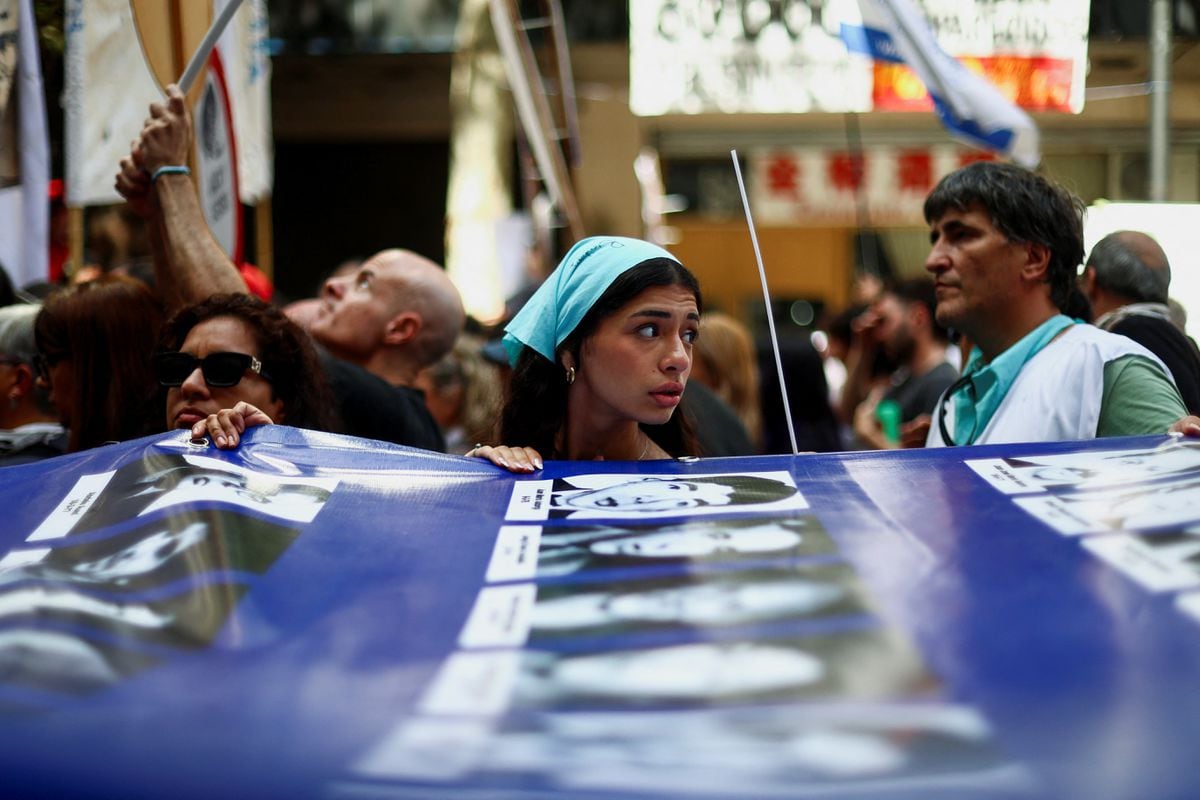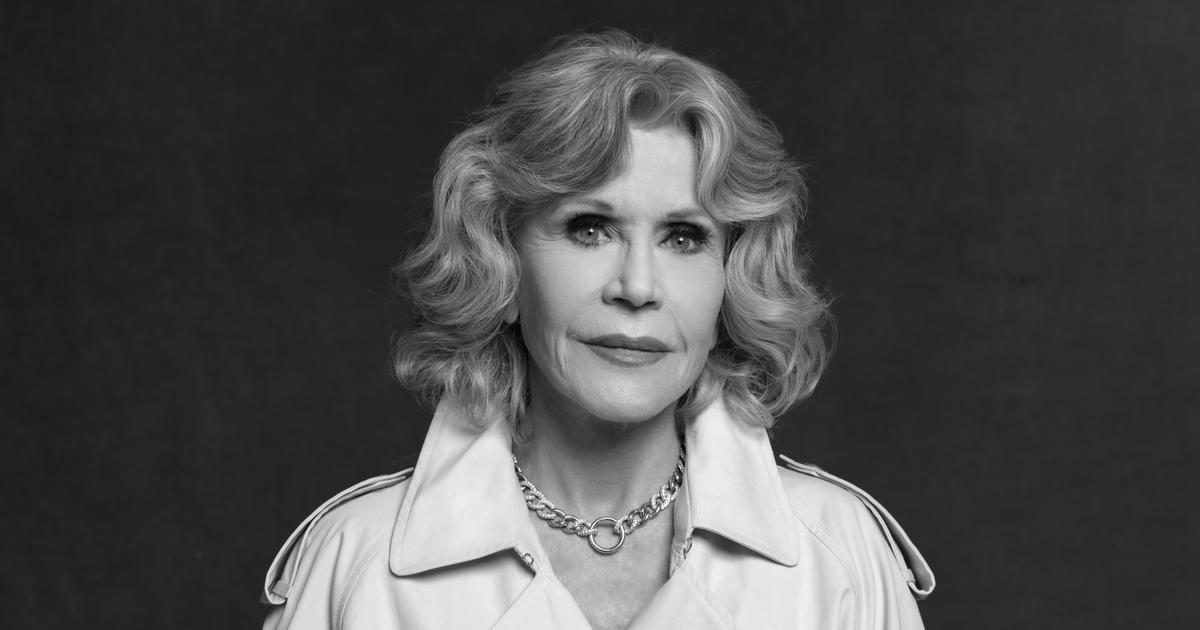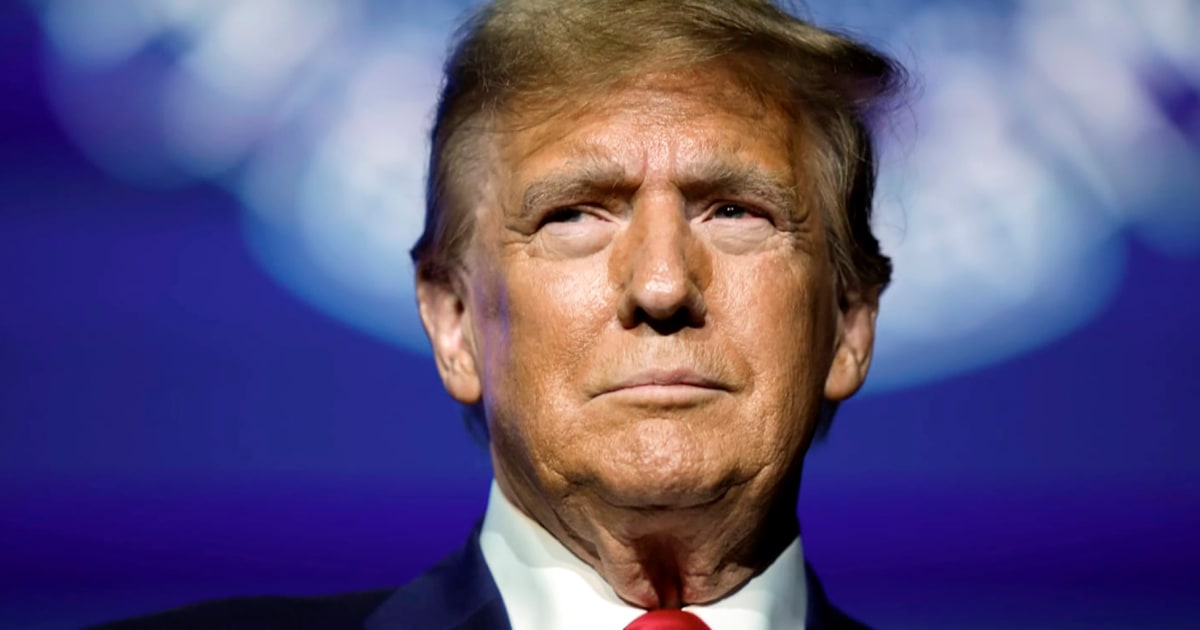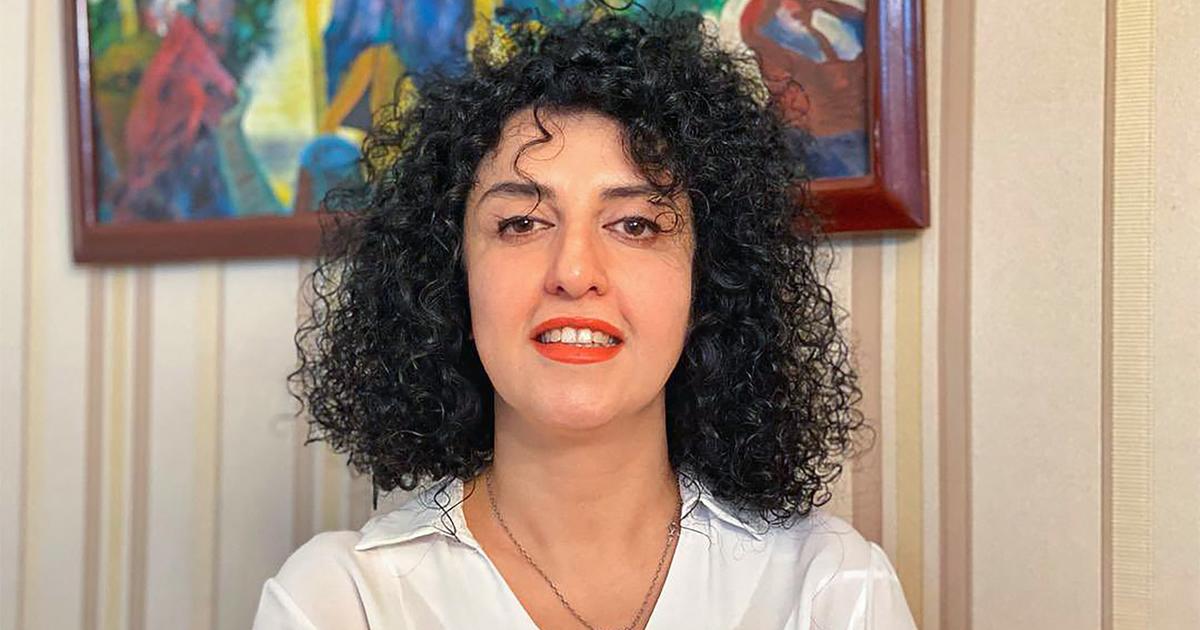Campaign of systematic violence: The world has failed to stand by Myanmar
Created: 04/28/2022, 20:37
From: Foreign Policy
272103457.jpg © Athens Zaw Zaw
Despite a lack of support, there is still hope for Myanmar's future, writes Rohingya human rights and democracy activist Wai Wai Nu.
In 2021, the military in Myanmar overthrew the elected government of Aung San Suu Kyi.
The democracy movement was brutally crushed.
Nevertheless, there is hope: Wai Wai Nu reports that the population is uniting against the common enemy.
It is high time the world rejected quiet diplomacy and ended military impunity, writes Wai Wai Nu.
This article is available in German for the first time – it was first published in
Foreign Policy
magazine on February 1, 2022 .
It has been over a year since Myanmar's military overthrew the country's elected government, imprisoned key political leaders and unleashed a brutal campaign of terror that has seen civilians who demanded democracy arrested and massacred.
The military, led by Commander-in-Chief Min Aung Hlaing, has carried out airstrikes on villages and camps for internally displaced people and committed brutal sexual and gender-based assaults on women and girls across the country.
It was just the beginning of a campaign of systematic violence that UN High Commissioner for Human Rights Michelle Bachelet said could amount to crimes against humanity and war crimes.
Over the past year, the junta has killed at least 1,500 people and arrested nearly 12,000 nationwide.
Yet the people of my country are fearless and resilient and are more committed than ever to overthrowing the junta and ending this human rights catastrophe.
For months, protesters have taken to the streets, key workers in state sectors have engaged in an ongoing civil disobedience movement, and duly elected officials - along with human rights activists and other leaders from various ethnic minorities - have formed the Government of National Unity (NUG) seeking to overthrow the junta.
But as more of us have come together to demand justice, freedom and democracy, the international community has failed to show genuine solidarity with us, making lofty statements of condemnation but few practical steps to protect ours undertook life.
Myanmar: military coup and the inaction of the UN states - atrocities against Rohingya
UN member states have continued to justify their inaction by hiding behind the Association of Southeast Asian Nations (ASEAN) and its "five-point consensus" on Myanmar, which calls for an end to the violence, constructive dialogue and an ASEAN special envoy , which aims to bring all parties together to find a peaceful solution to the coup.
This consensus has been flagrantly violated by Myanmar's junta.
This inaction has allowed the military and security forces to continue to escalate their murderous campaign, leaving Myanmar's youth with no choice but to take up arms to defend themselves and their future.
It broke my heart to see my family, friends and other civilians continue to be brutally treated by perpetrators who have never been held accountable for their previous mass atrocities against minority ethnic groups.
As a member of the Rohingya minority in Myanmar, I know this terror first-hand: In 2005, when I was 18 years old, the military and security forces locked my family and I in the notorious Insein Prison in Yangon for seven years because my father had campaigned for democracy under the previous military dictatorship.
Upon my release from prison in 2012 - the year Myanmar held semi-democratic by-elections - I allowed myself to feel a glimmer of hope for my country.
But the international community has failed to put an end to the brutality of the military and security forces.
After the coup d'état in Myanmar: No UN measures to protect the population so far
The same is happening today.
For example, as part of its non-interference policy, ASEAN rejects the thousands of civilians seeking refuge from military airstrikes and instead works with the military and security forces, including allowing them to attend key ASEAN meetings.
This is the same approach she took in 2017 when she refused to condemn the military's genocide of my community, the Rohingya.
Meanwhile, Britain, Canada, the United States and the European Union have yet to impose sweeping targeted sanctions on Myanmar's military and its-affiliated companies, including Myanmar Oil and Gas Enterprise.
Just as the UN Security Council has failed for decades to take care of my country's ethnic minorities, so it has failed to take any action to protect the people of Myanmar since the coup.
And this despite an order from the International Court of Justice for the Prevention of Genocide, an ongoing investigation by the International Criminal Court into possible crimes against the Rohingya in the course of their flight across the border into Bangladesh in 2016-2017, numerous reports from a UN fact-finding mission, including war crimes and sexual violence documented and made recommendations, and mounting evidence of crimes against humanity and genocide.
Hope for Myanmar: Activist reports on the uniting of the population
Despite this lack of support in the past, I still have hope for the future of my people.
For the first time in my ten years as an activist, the people of Myanmar are uniting against a common enemy to create a future where justice is served for all victims and survivors of decades of crimes committed by the military.
More and more people in my country are grappling with the history that the military has long used as a weapon to divide us.
For too long the military has fomented hatred along ethnic and religious lines.
Now the people of Myanmar are urging civilian leaders, including the National Unity Government (NUG), to publicly recognize the atrocities committed against the Rohingya as genocide, accept the Rohingya as an ethnic minority entitled to citizenship and other collective and individual rights and to ensure accountability and redress for crimes committed against them.
Accountability is essential to deter the military from further crimes and to build a lasting peace.
Now more than ever, international leaders must recognize that their lukewarm response to the military's criminal acts in the past has enabled security forces' attacks against ethnic minorities for generations and emboldened them to attack the entire population today.
Myanmar: Call for sanctions against the military - and an end to impunity
It is high time the world rejected quiet diplomacy and ended military impunity.
First and foremost, the international community must impose sanctions on the military and its companies.
It must also severely restrict the military's private dealings and its ties with global corporations, as the UN fact-finding mission to Myanmar had called for before the coup.
Perhaps most importantly, the UK, which holds the lead on Myanmar in the Security Council, will table a resolution on the situation.
The fear of a veto seems to play a major role in relation to Myanmar, but not in other situations.
For example, 16 resolutions on Syria were tabled and vetoed.
Such a resolution should address the key demands of the people of Myanmar, including a global arms embargo and support for cross-border humanitarian aid.
It should refer Myanmar to the International Criminal Court to have jurisdiction over all crimes committed against the people of Myanmar without any group or geographic restriction.
The United Nations, its Member States and the Security Council must do more than make statements and meet behind closed doors.
Only if the military's decades of impunity come to an end can Myanmar achieve a democratic system based on justice and equality.
Then his people can finally be free.
by Wai Wai Nu
Wai Wai Nu
is a Rohingya human rights and democracy activist, a former political prisoner and recipient of numerous awards including the City of Athens Democracy Award.
She is also the Founder and Director General of the Women's Peace Network in Myanmar.
Twitter: @waiwainu
This article was first published in English in the magazine "ForeignPolicy.com" on February 1, 2022 - as part of a cooperation, it is now also available in translation to the readers of the IPPEN.MEDIA portals. *Merkur.de is an offer from IPPEN.MEDIA.
Foreign Policy Logo © ForeignPolicy.com
Nelson Mandela is the example of a political dissident with moral authority. When it comes to Alexei Navalny and Aung San Suu Kyi, we can't have it both ways.




/cloudfront-eu-central-1.images.arcpublishing.com/prisa/OJSQ7GWB5BC4XBQDMMJFYJF5BU.jpg)




